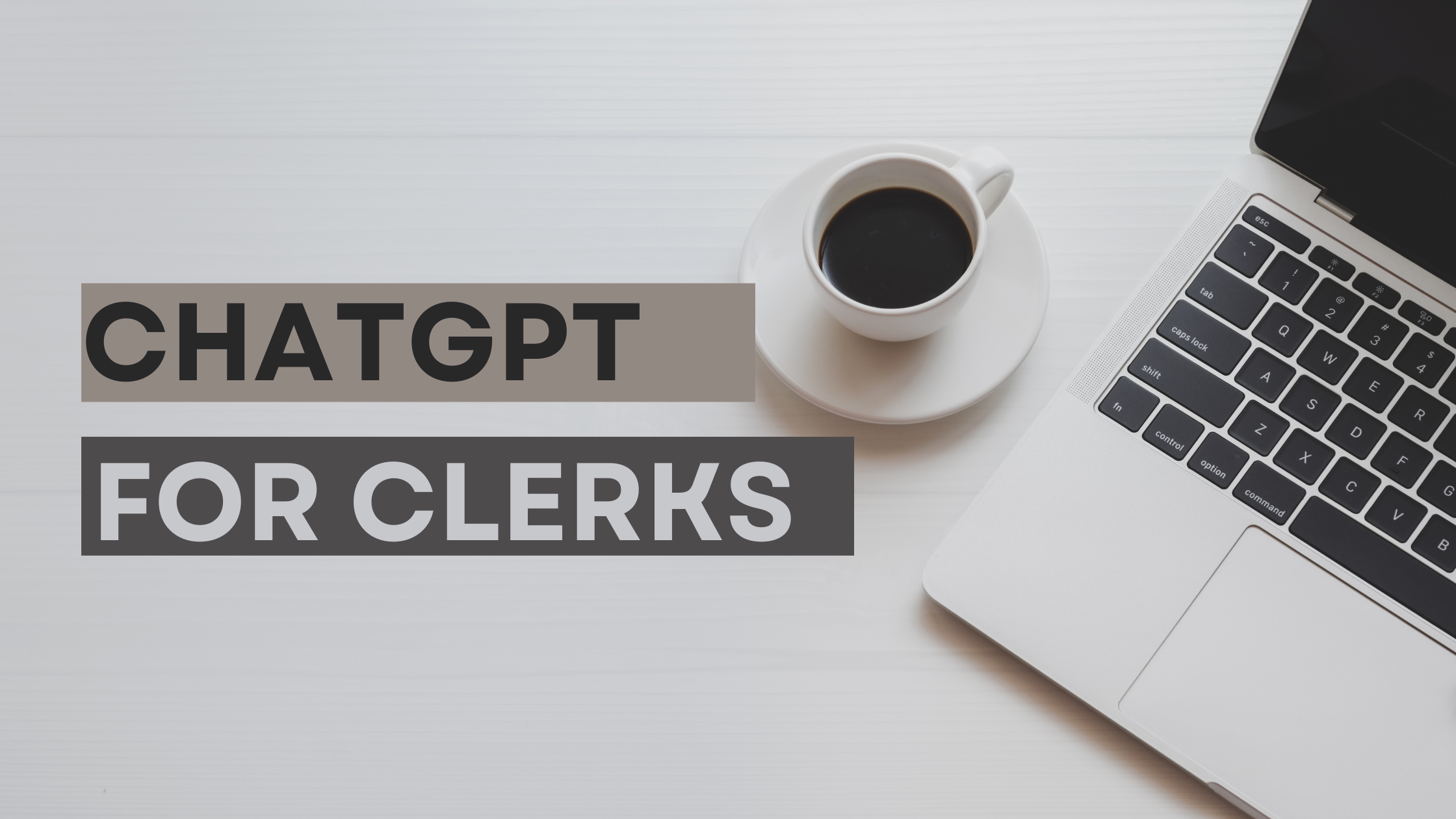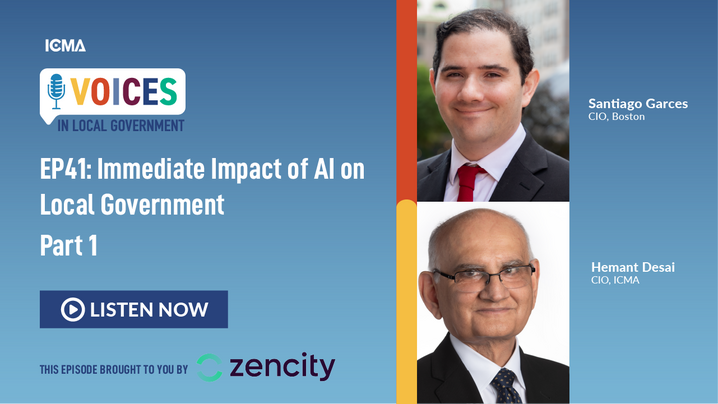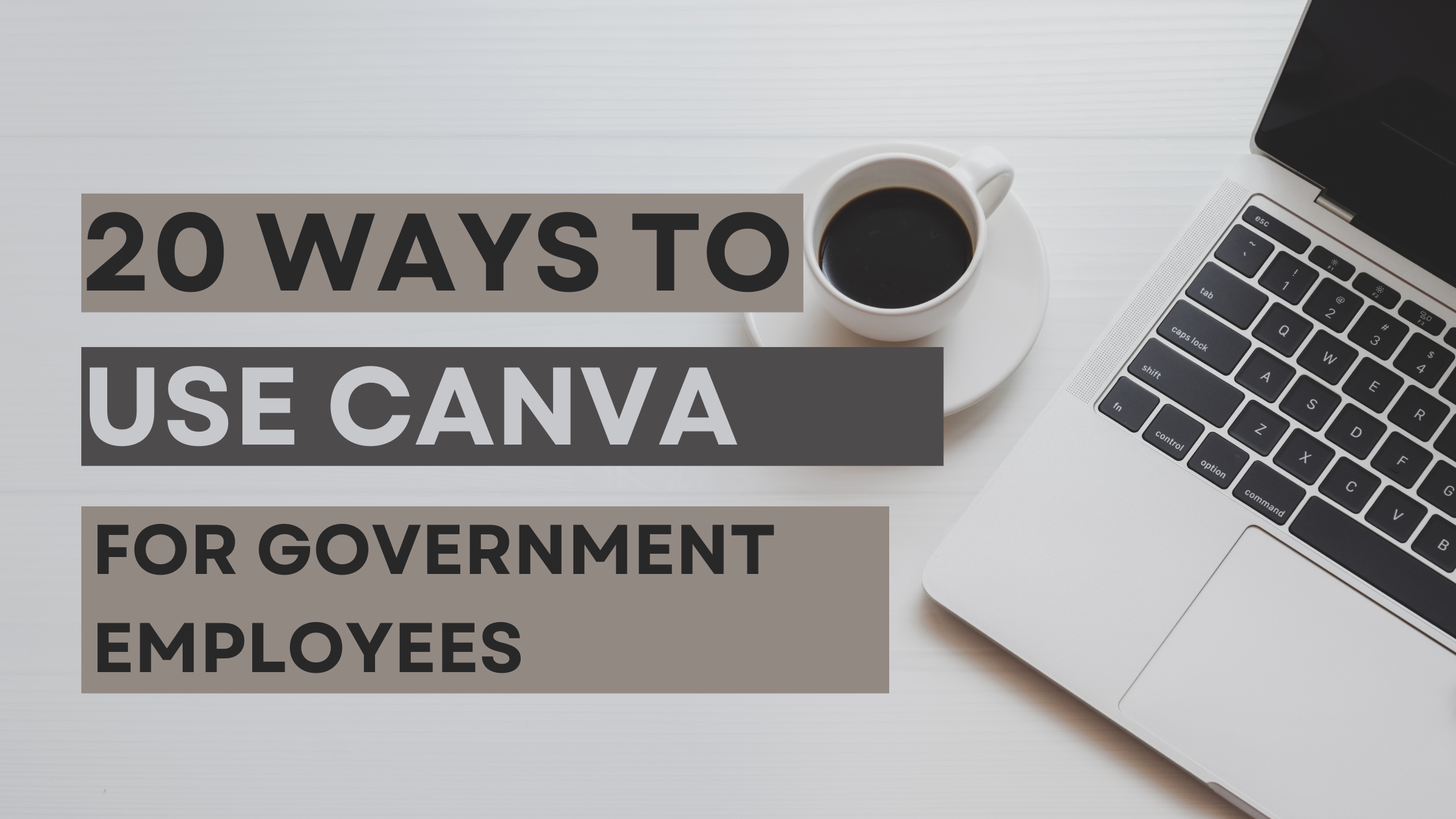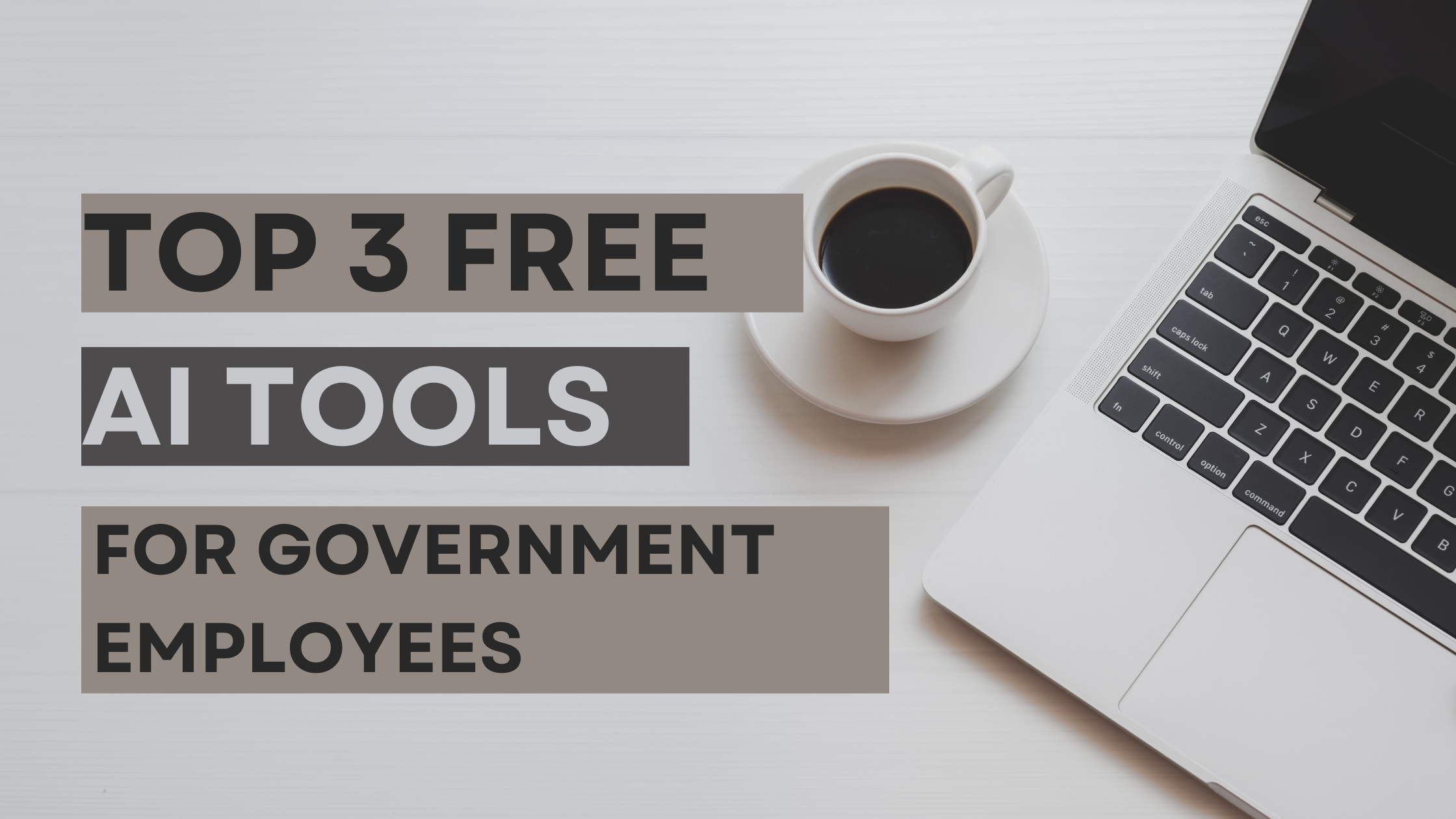Discover how ChatGPT is revolutioning clerical tasks for municipal staff in New Jersey, enhancing efficiency and public engagement.

In the heart of New Jersey’s bustling municipal offices, a transformative change is underway. The adoption of ChatGPT by OpenAI, a cutting-edge artificial intelligence tool, is redefining the way municipal clerks perform their duties. This article delves deep into the integration of ChatGPT in the municipal domain offering insights, benefits, and best practices.
Introduction to ChatGPT for Clerks
In recent years, the rise of artificial intelligence in local government has signaled a new era in operational efficiency. ChatGPT offers municipal clerks an unparalleled opportunity to enhance their workflows and engage more effectively with the community.
The Rise of AI in Local Government
AI technologies (like ChatGPT) are increasingly being recognized for their potential to transform municipal operations. By automating routine tasks, these tools allow clerks to focus on more complex and impactful work, thereby improving overall productivity.
How ChatGPT Fits into Municipal Operations
ChatGPT seamlessly integrates into existing municipal systems, providing a versatile platform for document management, public inquiries, and internal communication. Its ability to understand and generate human-like text makes it an invaluable asset for clerks in managing the vast array of clerical duties.
Key Benefits of ChatGPT for Clerks in New Jersey
The adoption of ChatGPT brings numerous advantages to clerks, including:
Enhancing Efficiency in Clerical Tasks – ChatGPT automates routine documentation, inquiry responses, and data entry tasks, freeing clerks to tackle more strategic projects.
Improving Public Service and Engagement – Using ChatGPT for clerks can provide quicker, more accurate responses to public inquiries, improving community satisfaction and engagement.
Streamlining Document Management and Accessibility – AI-driven organization and retrieval of documents make information management more efficient and accessible.

Best Practices for Utilizing ChatGPT in Municipal Clerical Work
To maximize the benefits of ChatGPT, municipalities should adhere to best practices.
Ensuring clerks are well-trained and supported in using ChatGPT is essential for leveraging its full potential.
Implementing robust security measures is important to protect sensitive information and maintains public trust.
Future Prospects of ChatGPT in Municipal Administration
The future of ChatGPT in municipal governance is bright, with ongoing advancements promising even greater impacts. Clerks play a crucial role in integrating and optimizing AI technologies. ChatGPT helps meet the evolving needs of their communities.

ChatGPT for Clerks FAQ
How does ChatGPT improve the accuracy and speed of clerical work?
ChatGPT enhances clerical work by generating content swiftly in response to user inputs, helping draft memos, letters, and job descriptions efficiently. Its ability to produce clear prose quickly aids in improving the speed of document creation and communication tasks. The technology empowers municipal clerks to deliver enhanced services by automating routine tasks, allowing them to focus on more complex duties.
Can ChatGPT be customized to meet the specific needs of different municipalities?
Yes, clerks can customize ChatGPT to meet the varied needs of different municipalities. We encourage clerks to experiment with different prompts, specifying tone, style, length, and other attributes to instruct the AI to yield the best results for their specific context. This flexibility ensures that the generated content can align with the unique requirements of different municipal operations.
What measures are in place to ensure the privacy and security of data processed by ChatGPT?
The circular emphasizes the importance of not disclosing sensitive or private information when prompting ChatGPT or using AI models. NJ advises against sharing personally identifiable information (PII), confidential content, or using AI to transcribe or summarize meetings where sensitive topics are discussed. These guidelines are in place to safeguard sensitive information and ensure responsible AI use.
How can clerks get started with using ChatGPT in their daily tasks?
Clerks can begin using ChatGPT in their daily tasks by experimenting with drafting documents, communicating in accessible language, translating content, summarizing texts, and even in data analysis tasks as outlined in the circular. Clerks should specify their requirements in the prompts and review the AI-generated content carefully, incorporating best practices for quality assurance and fact-checking.
What training and support are available for municipal clerks new to ChatGPT?
InnovateUS is hosting biweekly webinars, AlphaDog is also hosting bi-weekly webinars and ICMA hosts informational sessions on new AI tech hosted by the companies creating these new tools. Many recordings are available at InnovateUs and ICMA.

Conclusion: The Impact of ChatGPT on Municipal Clerical Work in NJ
ChatGPT marks a big step for NJ’s municipal clerks. It boosts efficiency and improves public service. It also makes document management smoother.
This AI is redefining clerical work in local governments. More enhancements in efficiency and community ties seem likely. The future in NJ looks digital and AI-powered. Clerks and staff will likely exceed current service expectations.
This change aims to create a more connected and informed community. It should improve life for state residents. New Jersey is leading in AI for public service – this opens doors to solve old challenges in new ways.





Leave a Reply